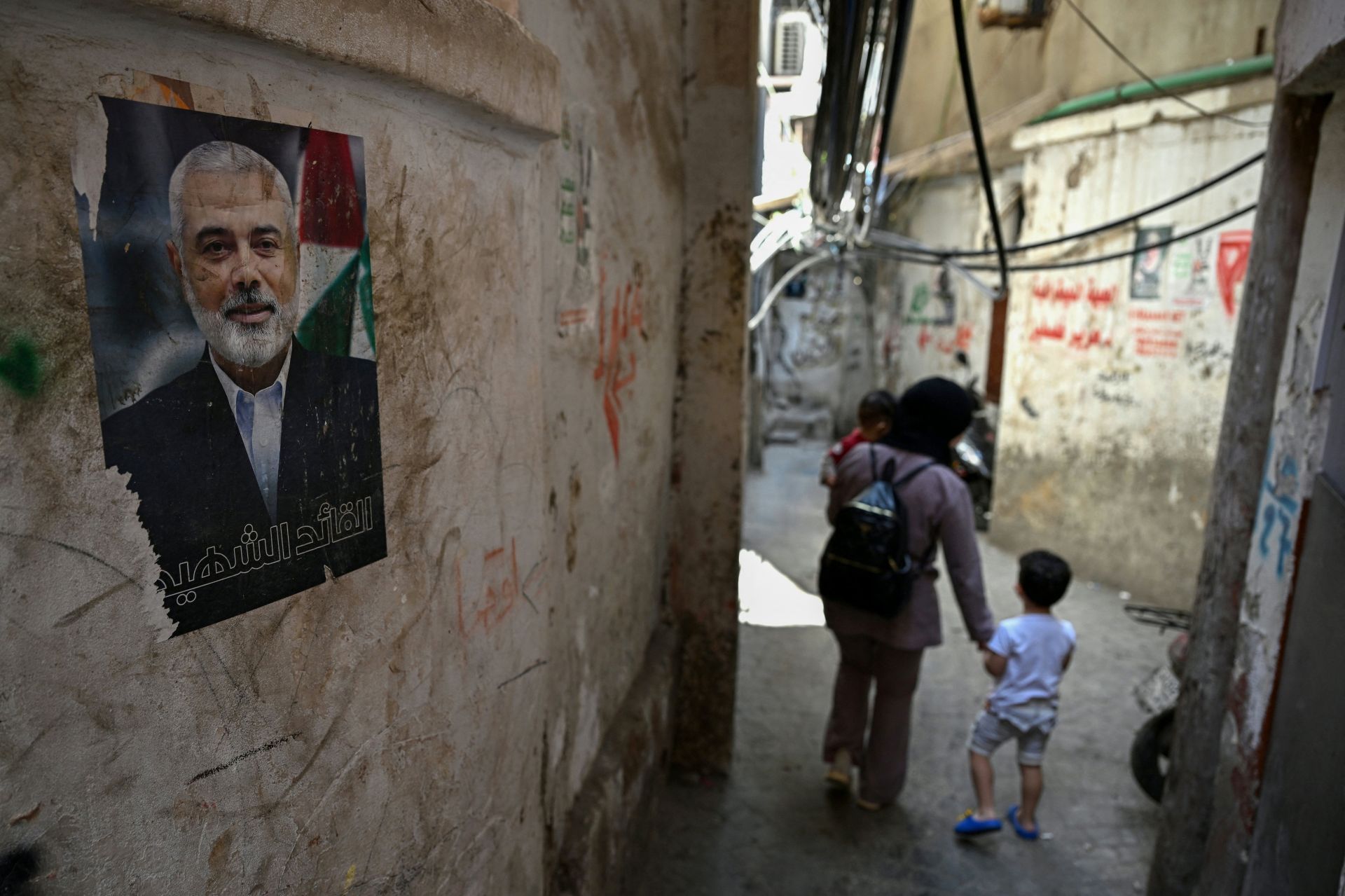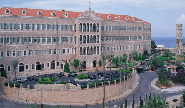
The Palestinian Authority is beginning a new phase of weapons handover in Lebanon’s Palestinian camps. The operation, ordered by President Mahmoud Abbas, is overseen by the new Palestinian Ambassador to Beirut, Mohammad al-Assaad, and supervised by Fatah.
Palestinian sources cited by Voix du Liban say the handover began Thursday at 3 PM in Burj al-Barajneh, Beirut. It is expected to expand to al-Bass near Tyre, with medium and heavy weapons handed over to the Lebanese Army. A Lebanese military source confirmed to Al Hadath that Burj al-Barajneh would be the first camp involved, with Palestinian security forces assisting the army. Disarmament will be gradual and coordinated with Lebanese authorities.
A Long-Delayed Plan
Announced in spring, the plan was to start in Beirut camps before moving north, to the Beqaa, and finally the South, where Ain al-Helweh poses the biggest challenge. Despite government commitments, progress was slow until a senior Palestinian security official from Ramallah intervened, meeting with factions and supervising on-site implementation.
Camps on the Margins of the State
Palestinian camps have long been outside Lebanese state control. UNRWA reports about 248,000 Palestinian refugees in Lebanon, roughly half in 12 official camps. Overcrowding is extreme in Burj al-Barajneh, Chatila and Mar Elias.
Historically, the Lebanese Army avoided the camps under the 1969 Cairo Agreement, which granted the Palestine Liberation Organization (PLO) jurisdiction. Though abolished in 1987, no replacement framework was established, leaving factions to maintain internal order.
According to the Washington Institute, this autonomy produced thousands of fighters, including around 1,500 for Hamas, supported by Islamic Jihad, al-Jamaa al-Islamiyah and groups long backed by Syria, such as Fatah al-Intifada.
Weapons Against Their Holders
While the official plan emphasizes sovereignty, the reality is far more complex. As documented by our sister company Houna Loubnan, Palestinian weapons have long ceased to be mere symbols of resistance.
In the Ain al-Helweh camp, they now serve mercenary purposes. Far from protecting the Palestinian community, they are being turned against it and the Lebanese Army. In August 2023, General Abou Achraf al-Armouchi, the Head of National Security in Saida, was assassinated by Palestinian fighters. Clashes have since affected refugees and Lebanese soldiers.
No Major Obstacles
Retired General Khalil Helou believes the situation has shifted. He says there are no insurmountable obstacles: Fatah is willing to cooperate, while only Islamist factions openly oppose the handover.
Helou notes the joint decision by Lebanon and the Palestinian Authority is gradually isolating radical groups. The process, co-managed by General Security, is progressing step by step.
The involvement of Palestinian security forces in support of the Lebanese Army is a new development that could ease the transition. Still, Helou does not rule out using force if factions resist, while technical details of supervision remain unclear.
The Shadow of Hezbollah
Disarming Palestinian factions cannot be considered separately from Hezbollah. According to the Washington Institute, the two issues are closely linked. Hezbollah and Iran have long relied on Palestinian groups as operational proxies against Israel and political leverage. Any delay in disarmament could expose Hezbollah to internal conflict it seeks to avoid. Its maneuvering room is limited, particularly as every advance is closely monitored by Israel and the United States.
A Fragile Opportunity
Thursday’s operation marks a symbolic breakthrough. The success of the process in Burj al-Barajneh will depend on extending it to sensitive camps, particularly Ain al-Helweh. Even if weapons are handed over, Lebanon still faces the broader challenge of dismantling two generations of entrenched armed groups, a process inseparable from Hezbollah’s arsenal and regional dynamics.




Comments